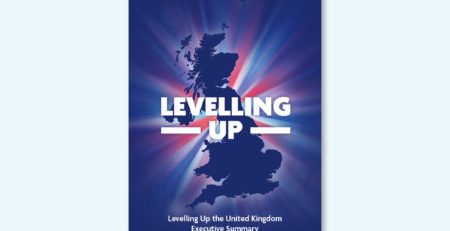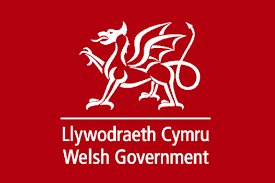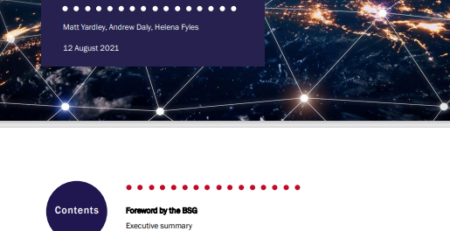Digital Economy Bill begins the legislative process with first reading in House of Commons
The Government have today introduced the Digital Economy Bill to Parliament as part of its ambition for the UK to be the most digital nation in the world. The Digital Economy Bill (HC Bill 45) sets out the framework for the introduction of a Broadband Universal Service Obligation (USO), includes new powers for Ofcom, seeks to reform the Electronic Communications Code and also sets out new consumer rights.
The Bill also covers Government plans surrounding access to digital services and digital government amongst other areas. This unifies recent policy decisions including the reformed Electronic Communications Code, as well as upcoming policies on Automatic Compensation for consumers, and a Broadband USO. With regards to the USO, the Bill clarifies that the Government has the power to introduce a USO, which government aims to be 10Mbps initially.
Digital Economy Minister, Ed Vaizey stated that “the measures in the Digital Economy Bill provide the necessary framework to make sure we remain world leaders???.
The Bill also includes the following online protections for citizens:
- Age verification for access to all pornographic sites and applications;
- Enforced penalties against spam emailers and nuisance callers unless you have given consent;
- Increased sentencing options for people who infringe copyright laws online, in line with current penalties for “physical infringement???;
- Enabling registered design owners to give notice of their rights more cheaply and flexibly via marking designs with web addresses as a means of flagging registered design rights.
The Bill will be debated substantially at its Second Reading. It is expected to pass through the Commons and enter the Lords in Autumn 2016, subject to parliamentary timetabling. Royal Assent is expected in spring 2017.





